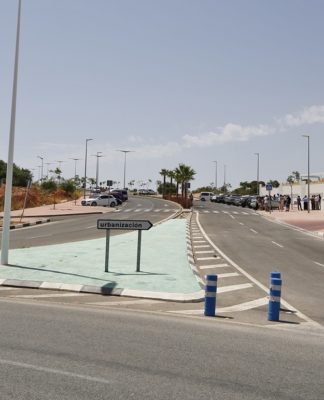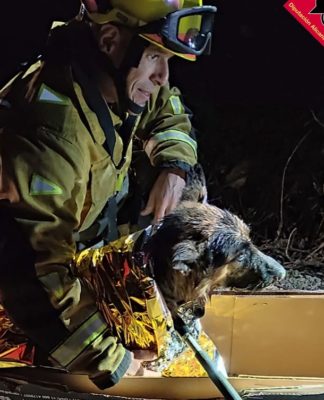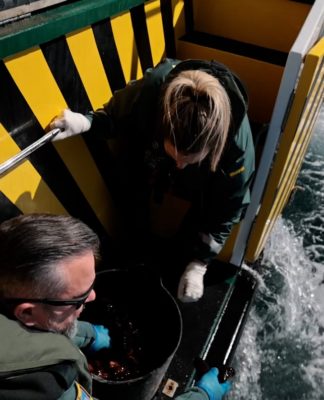Email
June 15
Dear editor,
As a retired fire officer, I’m fully aware of the need to practice for any operational situation that may arise; including the rescue of wildlife. It’s wonderful to see that firefighters in Spain (CBN Photo of the week- Jun 10-16) are aware of this need and ‘how to rescue animals in the wild’ and I applaud them for this.
However, they will learn precious little, interacting with captive bottlenose dolphins in Benidorm’s Mundomar waterpark. These are captive cetaceans, living in an unnatural environment, performing unnatural ‘tricks’ for a misinformed, paying audience.
Those of us who live in the Costa Blanca are privileged to be able to see bottlenose dolphins, living as nature intended, in the Mediterranean.
These wonderful marine animals have a home range of between 200-300 kilometres; a far cry from the relative, minuscule unnatural environment of aquatic zoos, such as Mundomar.
I can speak from some experience, as a former director of an animal charity, which campaigned against the use of cetaceans (and other animals) in the entertainment industry.
Cetaceans (dolphins, whales, etc.) often display stereotypic behaviour in captive environments, which is a sign of stress at not being able to display normal behaviours.
Dolphins have a high level of social skills, cognition and emotions and can sense what others are thinking. Their brain capacity is second only to humans, surpassing even that of the great apes.
Keeping them in captivity is cruel and benefits no one, apart from the zoo industry coffers.
Garry Sheen



































